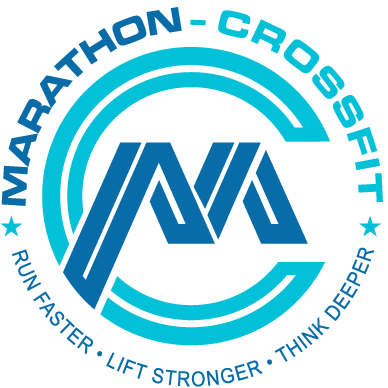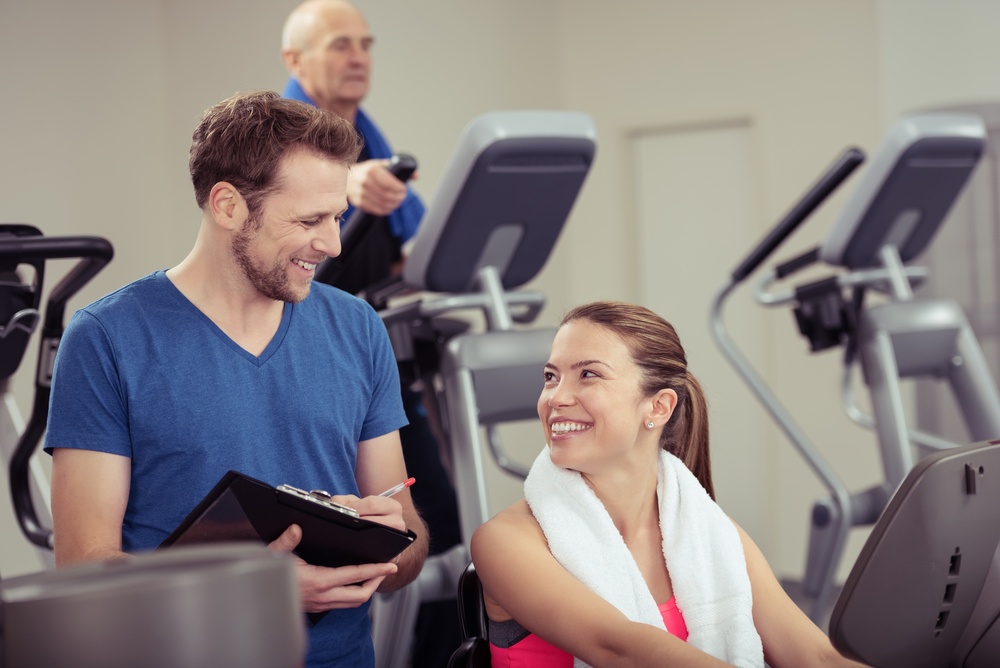Mastery for fitness coaches
This article will help fitness coaches to guide their clients to mastery of a skill. To achieve this we will outline principles out of the book Mastery written by George Leonard.
Mastery was written in 1992 and dives into how you can shift your mind to achieve long-term success in new pursuits. There are five essential elements for achieving mastery in any discipline. These will be outlined in the article. You will learn to use the right tools and how to avoid pitfalls.
George Leonard was an American writer, editor, and educator. Beside Mastery, he was known for the books The Transformation and the way of Aikido. He was president of the Esalen Institute and founder of the Leonard Energy Training.
What happens when you pursue mastery?
You should care about mastery as we live in an age where no one seems to be skillful at anything. It is all about how technology can replace the skill which humans have acquired. There are experts out there who did not even do the think their advising on themselves once.
If you want to write, become a good writer by writing. If you want to be a good runner, run. There is too much thinking and not enough doing in the world nowadays. This is because everything is being recorded. It is easier to make fun of something rather than building it.
Stick with your activity of choice and make it your own. It will be one of the most rewarding experiences of your life.
How mastery worked out for me personally
I am striving for mastery in blogging and lifting. The continuous journey of improving my powerlifting total and getting stronger fascinates me. When I get injured I look for ways to recover fast. I try all the different programs I can find and document them in detail here in this book.
The blog project for Hubspotters mostly ends with onboarding. For me, it turned into a passion. Day after day, week after week I am adjusting, tweaking and learning. This enabled me to deliver one of the best workshops of my career. Only by sharing the knowledge which comes out of this path. I could have opted to drop it right after a month. I stuck with it for almost four years now.
Why you should avoid getting distracted
We’re bombarded with slogans like “Get fit in two weeks!” or “Hit the jackpot!” as advertisers try to convince us that buying their products will allow us to “master” something instantly.
Unfortunately, this couldn’t be further from the truth. If you practice tennis only to be be congratulated by spectators, you’ll only have the motivation to improve up to a point.
Once you’ve reached a level of skill that’s enough to earn you a bit of recognition, you’ll find yourself stuck in your comfort zone. Attempting new shots or competing against more challenging opponents becomes daunting. Ymight be afraid to look silly. A true master develops her talents by pushing forward for the sake of it. Praise and encouragement are only side effects.
You can of course refuse and complain that you would look ridiculous. But by doing so you will miss out on all these new experiences which will make you grow as an individual. You are a machine full of energy. Use it wisely to unlock your full potential.
How you can stay on course
Once you shift your mindset you will be capable of mastering whatever you set your mind to. Willing to fail and experiment goes a long way. Removing the obstacle of being embarrassed is another leap towards mastery. The fastest learners on earth are babies. This is partly due to the fact that they don't care about what you think about them.
When I started to learn how to powerlift I put videos on YouTube. By all means, there were nowhere near perfect. Still, the criticism I got online helped me to get better. I worked on my squat and it's now deeper than ever before. The constant comments about my ankle mobility also helped me spur me on further. If I had not been open to this exposure progress would have been slower.
In essence, it is not about your results, but about the journey and how it makes you grow as a person. The life skills you can take away and how you document them will translate to other parts of your life as well. This will also mean seemingly meaningless repetitions of the same thing with your clients.
Once you start enjoying them for themselves rather than for the goal, you will be closer to mastery. While other fitness coaches drop out of building their own little empire, you will stick around and make it this way.
On the way to mastery, you will usually find three types: Hackers, dabblers, and obsessives. So which one are you?
Hackers are perfectly comfortable with spending the rest of their time in the plateau. Figuring out how to tweak this, how to add a little here, and how to ake a bit more there. While attention to detail is good, sometimes you have to rethink your entire approach to move forward. Otherwise, you will only optimize and not revolutionize your progress towards mastery.
Dabblers tend to approach new hobbies with a lot of enthusiasm. These are the client which try a program for three days and then want to move on to the next one. Dabblers will be open to anything new and try it once. Yet, they will never reach mastery as they lack the discipline to gith through a plateau and do the basics.
Obsessives are the clients who want to master everything in just one session. If this does not materialize they become very frustrated. With these clients, you have to take care to break down movements in very little chunks. This way the plan stays manageable for them. Try to categorize yourself and your clients to see which way of learning is best for you to achieve mastery with your clients. This will go a long way in understanding why progress stopped at certain stages of the journey.
Thus, when you build out your programs, make sure that you have someone on one instruction and group instructions mixed in. This makes things more interesting and enhances the learning experience for everybody involved. Your clients do not only want to learn from you, but also from each other. Social contact is key on the way to mastery.
In this scenario always be careful how you treat your students. The others are always watching. One of the main insights whether to stick with an instructor or not is to have a look at how they treat their clients. A good way of approaching this is to divide your time 50-50 between correcting problems and reinforcing what the group is already doing well.
A good example of this type of coaching would be John Wooden. He always made sure to correct problems and reinforce good behavior patterns.
Three further key elements on your way to mastery are surrender, intentionality and edge control.
Surrender is about giving in to the task at hand. Accept that you will not be perfect. Except that you will never achieve perfection, but only come as close as possible to it. Let your body and mind guide you to find the best way to approach things. Listen to the ones around you who are better at observing you. Accept that it will take time to get to mastery and that Rome was not built in a day.
Intentionality is the ability to visualize yourself succeeding. Think about what mastery looks like for you and break this down into little things which you can improve day after day. This is about the power of the mind and that real life results can spring from our very own thoughts.
Finally, edges are those moments when you are confronted with challenges. This is the space where you can surpass your own expectations. Be willing to get out of your comfort zone to make the gains you want.
Conclusion
Mastery is all about committing to a goal. Stick to the vision of what you want to be. Be patient with yourself and do not succumb to the comfort zone. What others think does not matter as long as you know that what you do has a purpose. My wife laughs at me regularly because I look silly when I exercise. I don't care about that as I know It will make me happy once I have mastered a 180kg squat and a 220kg deadlift. Further reading
Further reading
- 12 practical tips for fitness coaches to be healthier
- As a man thinketh for fitness coaches
- Best apps for fitness coaches
- Choose yourself for fitness coaches
- Deep work for fitness coaches
- Finish for fitness coaches
- Grit for fitness coaches
- How fitness coaches get mindfulness easily
- How fitness coaches get unlimited power for their clients
- Rework for fitness coaches
- The ONE Thing for fitness coaches
- The power of now for fitness coaches
- The power of positive thinking for fitness coaches
- The power of thinking big for fitness coaches


